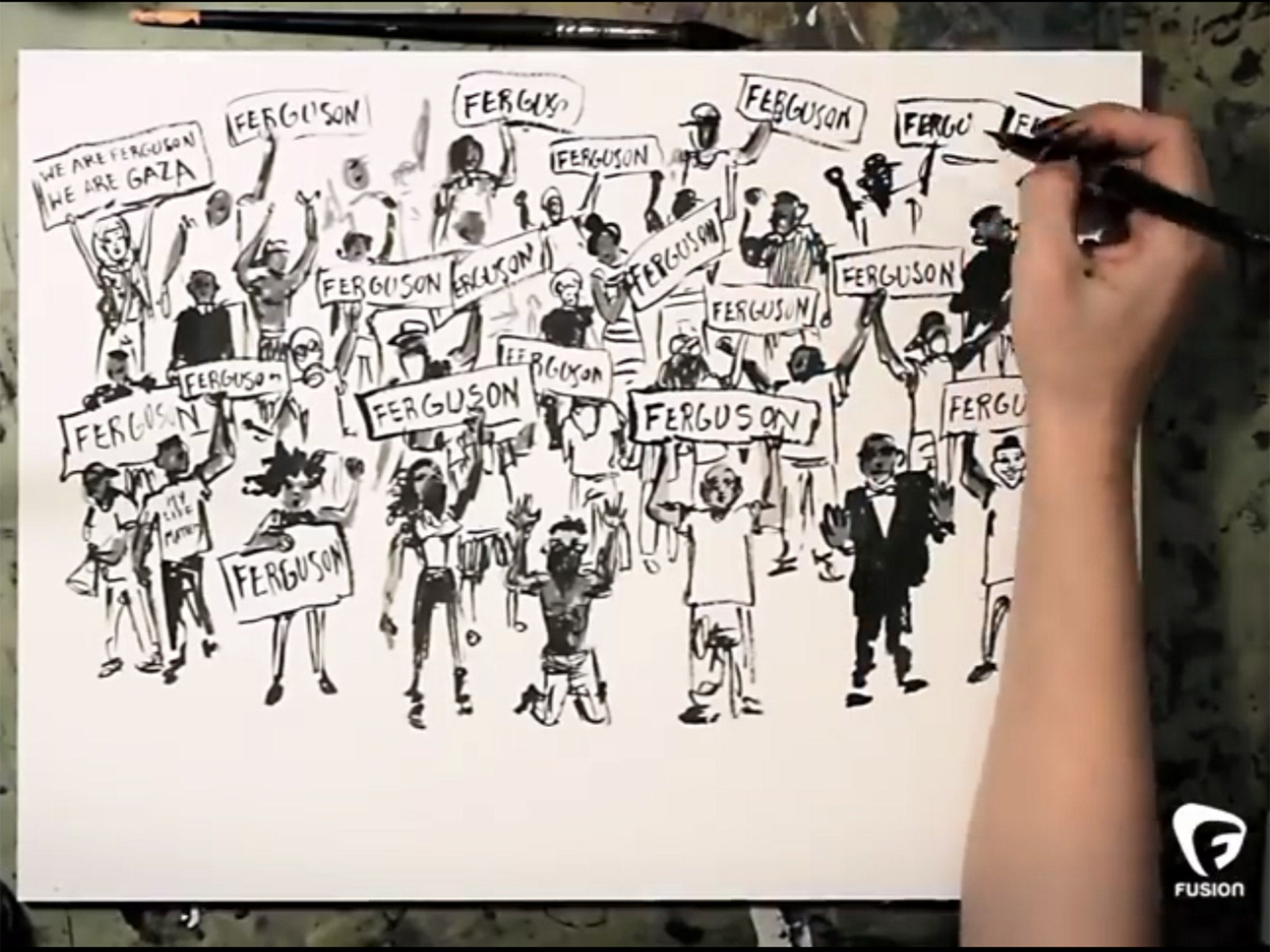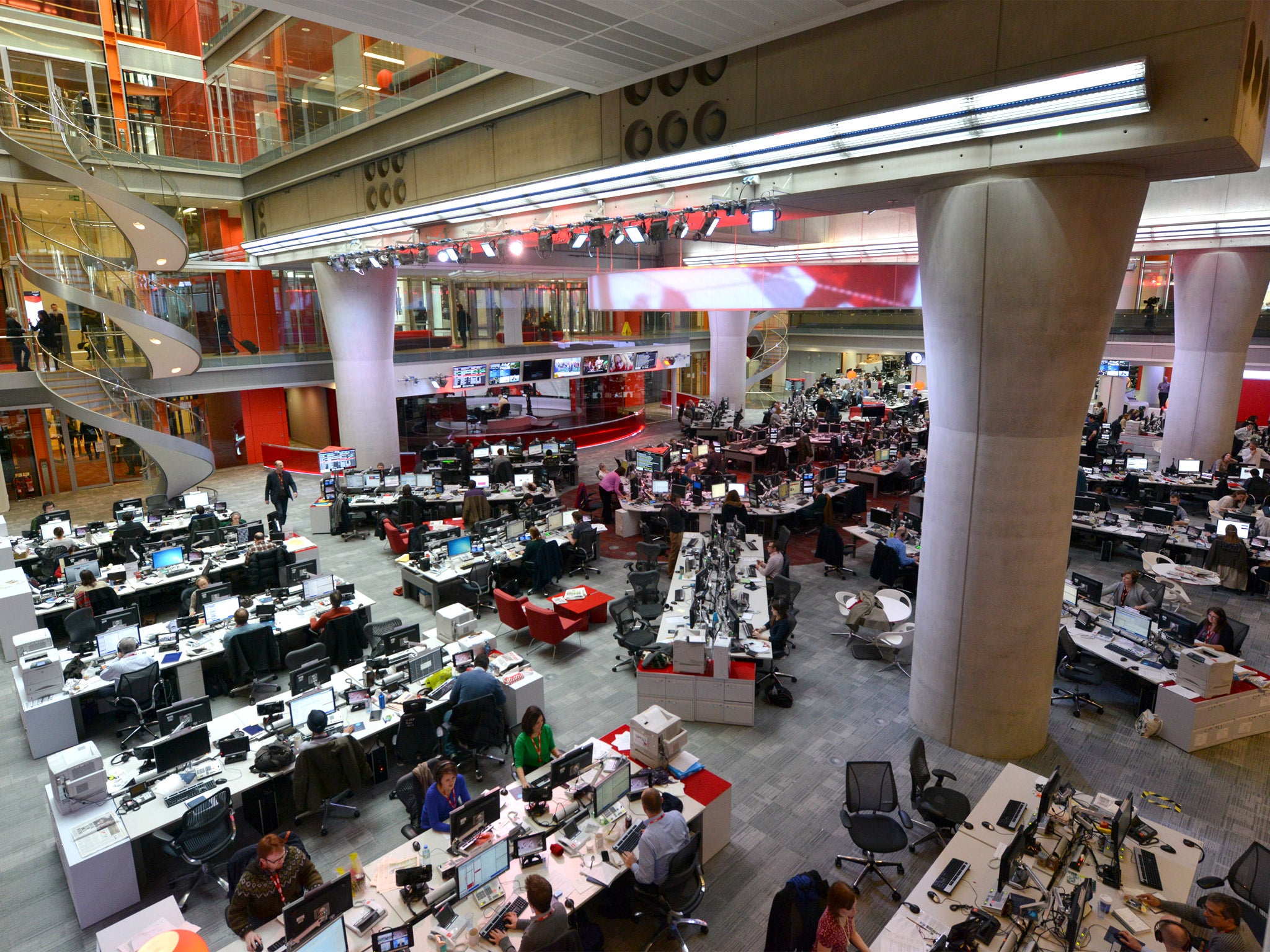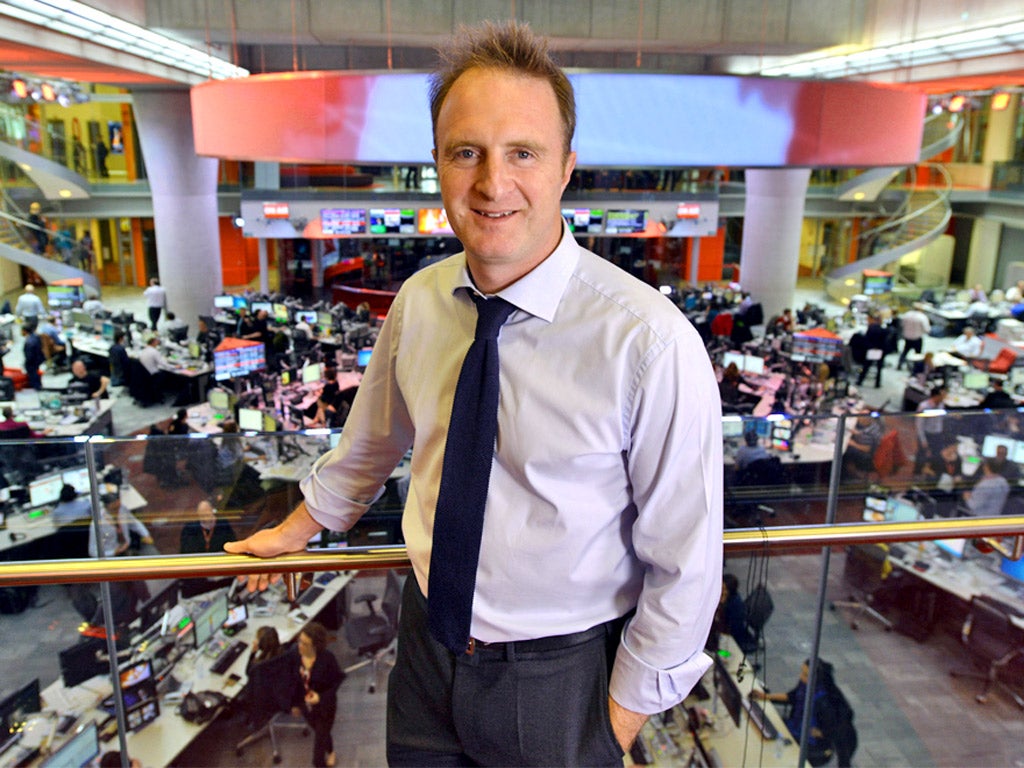BBC wants to use animation to win global news battle
Corporation's Future of News report says it must reinvent the way it presents news

Your support helps us to tell the story
From reproductive rights to climate change to Big Tech, The Independent is on the ground when the story is developing. Whether it's investigating the financials of Elon Musk's pro-Trump PAC or producing our latest documentary, 'The A Word', which shines a light on the American women fighting for reproductive rights, we know how important it is to parse out the facts from the messaging.
At such a critical moment in US history, we need reporters on the ground. Your donation allows us to keep sending journalists to speak to both sides of the story.
The Independent is trusted by Americans across the entire political spectrum. And unlike many other quality news outlets, we choose not to lock Americans out of our reporting and analysis with paywalls. We believe quality journalism should be available to everyone, paid for by those who can afford it.
Your support makes all the difference.The BBC should use animated sequences in news reports in order to reach younger viewers in a rapidly changing digital landscape, a corporation report has recommended.
The Future of News report says the corporation must reinvent the way it presents reports to keep audiences, increasingly turning to personalised news feeds delivered through social media, interested in complex stories.
The report also warns that the BBC may have to seek extra funding from overseas audiences to allow it to compete globally with state-sponsored news organisations like Russia Today and digital platforms such as Facebook and Google.
Setting out a strategic choice of “decline or growth”, the BBC must make over the next decade, says the report, which gauged the views of academics, journalists and technology experts.
It said: “The BBC is unique, the most trusted, responsible and reliable news source in the world, and our biggest job in the next 10 years is not to screw it up.
“It will be important to find new reporters and correspondents who can present stories in ways that are interesting and compelling to younger audiences. Animation can be a useful storytelling tool.”
It praised an animated sequence created by the US cable channel Fusion to illustrate the Michael Brown case in Ferguson, Missouri.
“At the BBC, both [Radio 1’s] Newsbeat and Newsnight have also produced some visually engaging animations,” the report found. Newsnight used animation to illustrate the story of a survivor from the Rwandan genocide.
Other radical models the BBC could consider include a project pioneered by Chicago public radio station WBEZ which involves audiences directly in the generation of stories.
“The public submit questions it would like professional reporters to answer which are then placed into voting rounds so the audience can decide what is investigated,” the report said.
It found that whilst the internet has made information more available, it will increasingly be a channel for misinformation and polarised views – making the BBC’s global role as a recognised, reliable and “impartial” source of news more important.

However the report, designed to influence the forthcoming debate around Charter Renewal, sets out the stark choice of “growth or managed marginalisation” that the BBC must make about the future of the World Service, which is now entirely funded by the licence fee.
“If the UK wants the BBC to remain valued and respected, an ambassador of Britain’s values and an agent of soft power in the world, then the BBC is going to have to commit to growing the World Service and the government will also have to recognise this,” the report said. “It will mean reversing the trend of closing language services and, with an eye to audiences of need, opening new ones.”
The BBC will also have to consider “whether the combination of licence fee funding and advertising revenue is sufficient to meet the requirements of reporting the world for the world. If not, it will have to weigh the possibilities of asking global audiences to fund its future as well as exploring new commercial opportunities.”
James Harding, director of BBC news and current affairs, said: “If we want the BBC World Service to continue to play the vital role that it currently does and you consider the scale of the competition it is facing, we have to think about making sure it’s properly funded in the future.”

Subscription services have been ruled out but the BBC could examine the model of non-profit organisations like National Public Radio in the US which is funded by a mix of on-air pledge drives and public money.
The report warned of the “huge risks” of the BBC creating news content which is then distributed by commercial platforms. “What if Facebook decided to launch a news division and didn’t want a given provider on its platform, for example?,” it asked.
The report said the BBC must fill a growing void in both information and accountability in local news. The BBC had been “as guilty as others of cutting the budget of its local services”. But “if the UK is to function as a devolved democracy it needs stronger local news, regional news and news services for the nations,” said the report. “The BBC is going to have to do more to provide local news that properly serves all parts of the UK.”
The report praises the i100 news-site created by The Independent for “creating original content and data journalism and reversioning existing content into formats that are attractive to younger, internet-savvy audiences.” A second BBC report will set out detailed proposals as part of the BBC’s overall case for the renewal of the Royal Charter.
Join our commenting forum
Join thought-provoking conversations, follow other Independent readers and see their replies
Comments